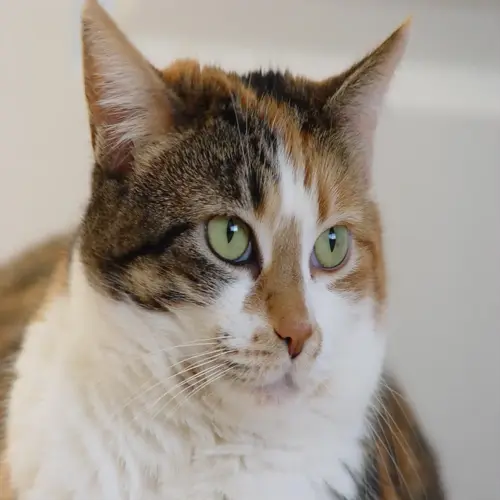Should I clip wings myself or seek help?

Written by
John Williams
Reviewed by
Prof. David Walsh, Ph.D.Carefully consider the risks involved and your own abilities when choosing to clip wings. Using a professional's services will avoid the dangers, such as cutting blood feathers. I have seen birds that had severe hemorrhaging from improper wing clipping done by their owners at home. Always consult an avian veterinarian before attempting any procedure on your own.
Veterinary Advantages
- Identification of hidden blood feathers
- Species-specific feather pattern knowledge
- Emergency medical equipment availability
- Proper restraint techniques demonstration
Owner Maintenance Requirements
- Emergency styptic powder availability
- Bright lighting for feather inspection
- Documentation of previous clip patterns
- Regular weight monitoring post-clip
Avian vets give valuable first-time instruction. Restraint methods to avoid injury are demonstrated by them. They can see blood feathers, which owners often overlook. Many clinics offer methods for clipping during the wellness examinations. Their instruction contributes greatly to removing risks in future maintenance.
Clipping needs strict safety standard operating procedures. Use an assistant for better control. Use magnification and good light to inspect for pin feathers. Have styptic powder and cornstarch ready for bleeding. Never attempt to clip the nails during the molting season when the possibility of injury is greatest.
Owners can maintain clips between molts after having professional training. Pay attention to and keep a close watch on feather regrowth; only clip those previously clipped unless directed otherwise. Limit work times to 5 minutes at most to keep stress to a minimum. Stop immediately any time the bird struggles excessively.
Explore bird-proofing solutions to prevent clipping dangers. Secured windows can prevent escapes, without limiting flight. Recall training builds confidence and trust through right-and-wrong reinforcement. Often, these modifications make clipping unnecessary. The natural behaviors can be preserved, while the benefits of securing and being unconfined are joyous for all.
When prepping for grooming, preparedness is essential. Keep a first-aid kit to stop bleeding with clotting agents, know where the local emergency avian office is, and practice pressure. Improper control of bleeding can take the life of a bird in minutes.
Read the full article: Bird Wing Clipping Guide for Pet Owners

